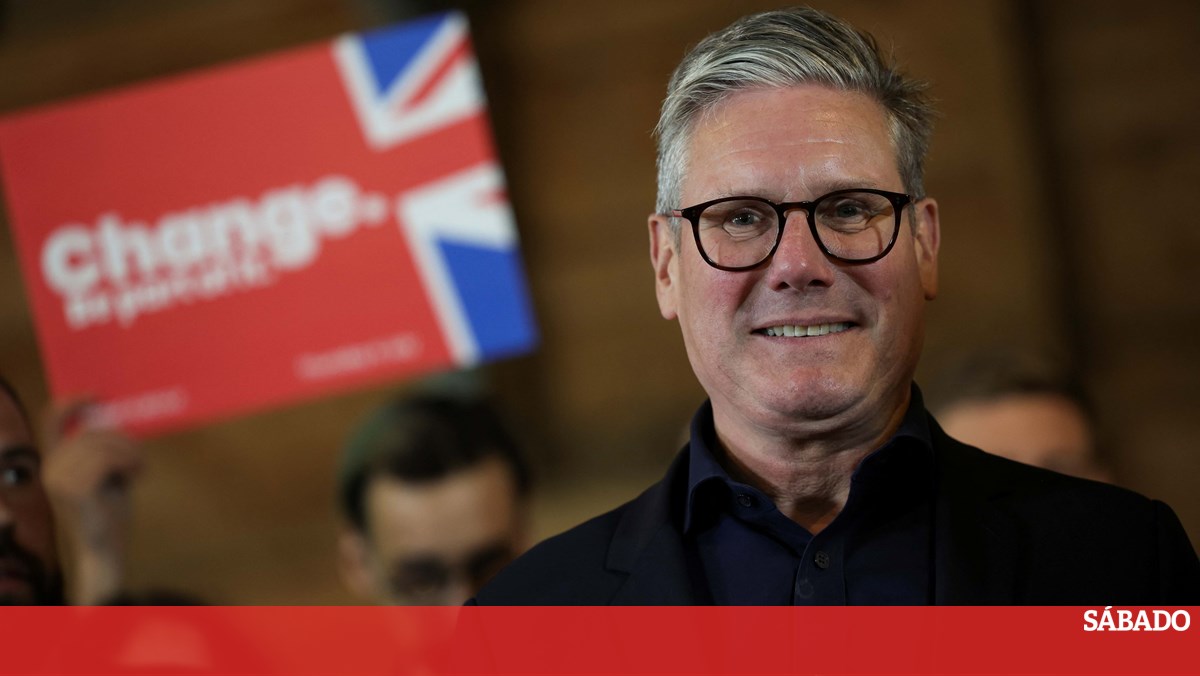After Rishi Sunak called for an early election, the British were called for an election on 4 July.
Labor is likely to win the British general elections on July 4, but other parties also have high expectations, including the rise of Nigel Farage and the Liberal Democrats.
With Keir Starmer’s Labor side comfortably ahead of Rishi Sunak’s Conservatives in the latest polls, here are some key points about the rest of the parties’ prospects:
Ambition of the Reform Party
Perhaps the most surprising moment of the campaign was the announcement of Nigel Farage’s candidacy in Clacton-on-Sea just days before the deadline.
Farage, known as “Mr Brexit” for his influence on the UK’s departure from the European Union, has set his sights on defeating the Conservatives to lead the opposition to a Labor government.
The long-term aim of the Reform Party (Reform UK) was to lead the British political right, as the Canadian reformers had done at the turn of the century.
Referendum intentions have risen to 19% over the Tories and Liberal Democrats, but the operation of the simple majority (“first-past-the-post”) electoral system may result in fewer representatives than rivals.
The progress of the far-right party, whose main policy is to control immigration, was halted when Farage said in an interview that Russia’s aggression against Ukraine was instigated by the West and protected Vladimir Putin.
Reform UK’s credibility has also been tarnished by members associating with the far right or making racist and misogynistic comments.
The rescue of the liberal democrats
Ed Davey did not expect to have the same impact as Nick Clegg in the 2010 election, when the party’s performance ensured he would enter government in coalition with the Conservatives.
But some polls predict that the Liberal Democrats will return to the platform of parties with parliamentary representation in third place, and in one case second place.
The centrist party leader has starred in a number of media campaign activities, including Davy falling on a board into a lake to protest water pollution or going down a giant slide to raise awareness of mental health.
The “Lib Dems” are particularly dominant in rural areas with disaffected Conservative voters and Labor voters could benefit from some tactical voting to prevent government candidates from winning.
Greens in suspension
The Green Party’s ambition is to rise from one to four representatives, capitalizing on its success at local level in recent years and the preference of many voters for a left-wing alternative.
Caroline Lucas, the only “Green” MP for 14 years, will not be standing again, but the party hopes to retain the Brighton Pavilion seat contested by former leader Sian Perry and win the Bristol Central seat she is contesting. Co-Chair – Carla Denier.
However, its popularity in the polls remains at 5%, hostage to the simple majority voting system, which generally favors the major parties.
Pedigree of SNP
The Scottish Nationalist Party (SNP) has dominated regional politics for the past fifteen years, but opinion polls suggest it will lose out to Labour, which won the most votes in Scotland until 2010.
The party was weakened last year by the resignation of charismatic first minister Nicola Sturgeon following a police investigation into party finances and suspicions about her husband, a former employee.
The SNP wants to force London to accept a new referendum on independence, a cause that has lost many supporters, who want the regional government to focus on health issues and the cost of living.
The last “No” vote in 2014 saw a 55% victory, but independents argue that the ‘Brexit’ vote in 2016, which Scots overwhelmingly opposed, changed the circumstances.
Like the Conservatives, Labor is staunchly opposed to Scottish independence.
Related articles
British Elections: Nigel Farage steps down as UKIP leader
UK Keir Starmer wants to leave a perfect KO
Rishi Sunak announced the UK elections on 4th July

“Total creator. Devoted tv fanatic. Communicator. Evil pop culture buff. Social media advocate.”

